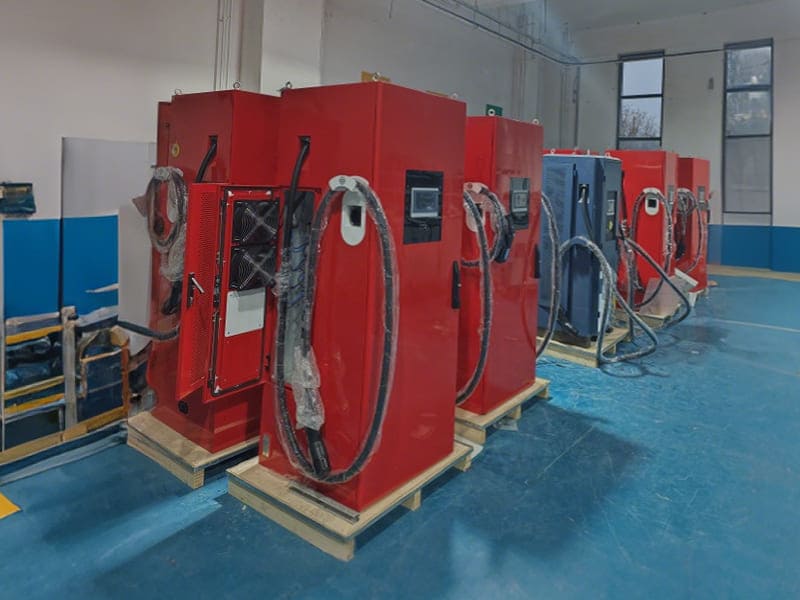EV charger station cost is a primary concern for many. Understanding this investment is crucial. This article breaks down the pricing structure. Furthermore, it explains the return on investment clearly. Both homeowners and businesses will find this valuable. Let’s explore the financial aspects together.
Breaking Down the Total Cost
The total EV charger station cost has several components. Firstly, the hardware price varies greatly. Secondly, installation fees are a significant factor. Additionally, permits may be required locally. Moreover, potential electrical upgrades add to expenses. Therefore, planning for all costs is essential.
Hardware Costs: Level 2 vs. DC Fast Charging
Hardware is a major part of the EV charging station cost. Basic Level 2 units start around $200 to $500. Smart, connected models can exceed $400 to $800. Conversely, commercial DC fast chargers are far more expensive. They often range from $3000 to $20000. So, choosing the right type is critical.
Installation and Labor Expenses
Installation significantly impacts the final EV charging station cost. Simple setups may cost only a few hundred dollars. However, complex jobs can exceed $2,000. Distance from the electrical panel is key. Additionally, local labor rates vary widely. Always get multiple quotes for accuracy.
Permits and Inspection Fees
Permits are another cost component. Many localities require them for installation. These fees typically range from $50 to $500. They ensure the work meets safety codes. Therefore, never skip this crucial step. It protects your property and investment.
Potential Electrical Upgrade Costs
Your existing electrical system might need upgrades. This can greatly increase the EV charging station cost. A panel upgrade may cost $1,500 to $3,000. Furthermore, a new dedicated circuit is often necessary. Thus, an initial assessment is highly recommended.
Government Incentives and Rebates
Thankfully, incentives can lower the net EV charging station cost. The federal government offers tax credits. Many states and utilities provide additional rebates. These can cover a substantial portion of expenses. Consequently, research available programs thoroughly.
Calculating Return on Investment (ROI)
ROI justifies the initial EV charger station cost. For businesses, it attracts customers and generates revenue. For homeowners, it increases property value. Moreover, it saves money on fuel over time. Thus, it is a financially sound decision.
ROI for Commercial Properties
Commercial EV charger station cost brings tangible returns. It can be a direct source of income. Additionally, it increases customer dwell time and spending. Furthermore, it enhances corporate sustainability credentials. Therefore, the investment often pays for itself.
ROI for Residential Properties
Home EV charger station cost also offers excellent ROI. It provides unparalleled convenience. It also reduces reliance on public charging. Moreover, it future-proofs your home for electric vehicles. The value added to the property is significant.
Long-Term Savings and Value
Look beyond the initial EV charger station cost. Electricity is cheaper than gasoline per mile. This leads to substantial long-term fuel savings. Additionally, maintenance costs for EVs are lower. Therefore, the overall financial benefit is clear.
Conclusion: A Worthwhile Investment
In conclusion, the EV charger station cost is manageable. Understanding the breakdown is the first step. Incentives can significantly reduce the financial burden. The ROI for both homes and businesses is strong. Ultimately, it is an investment in a sustainable future. What is a Portable EV Charger Station? How It Works & Benefits.

